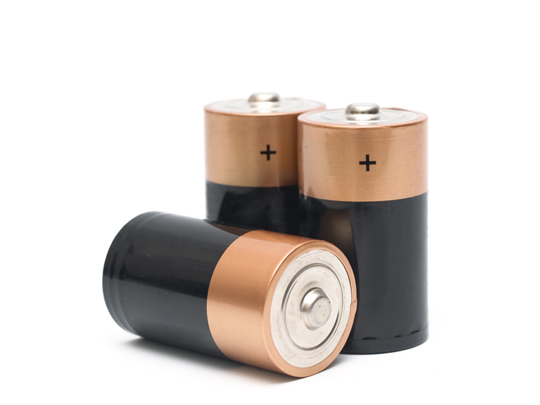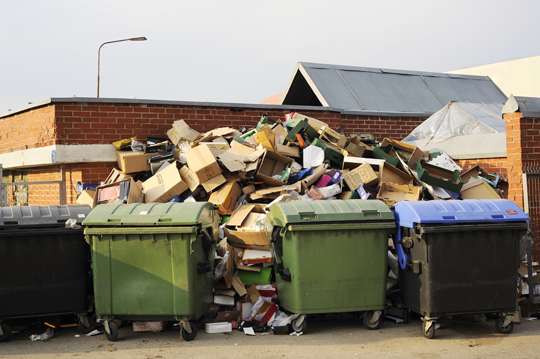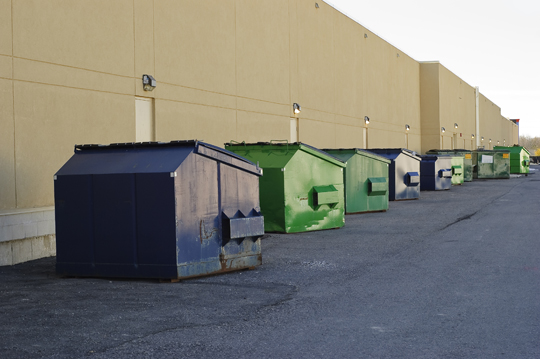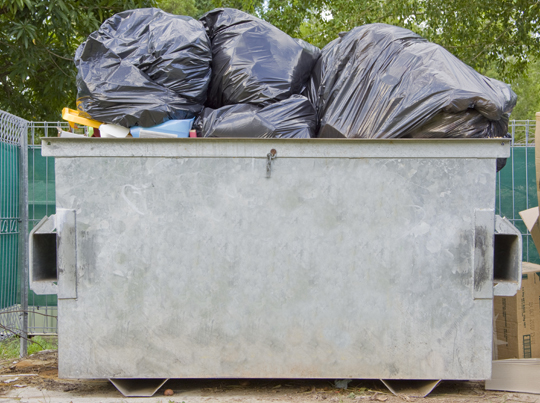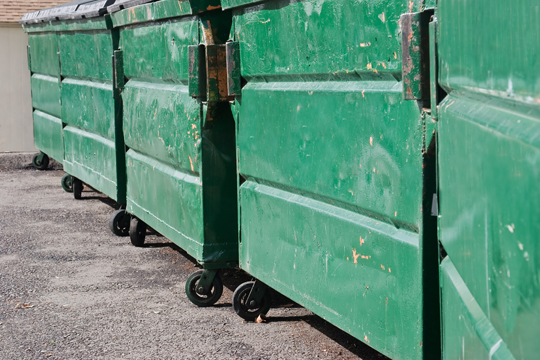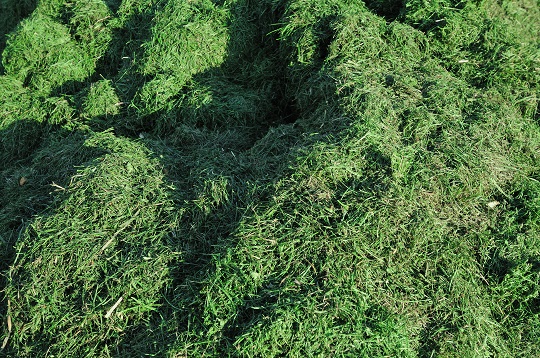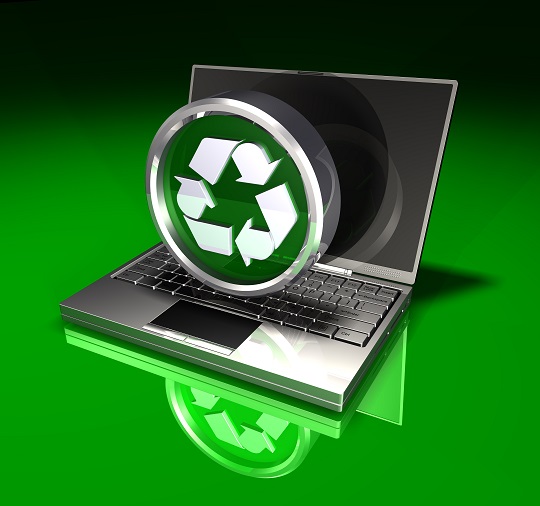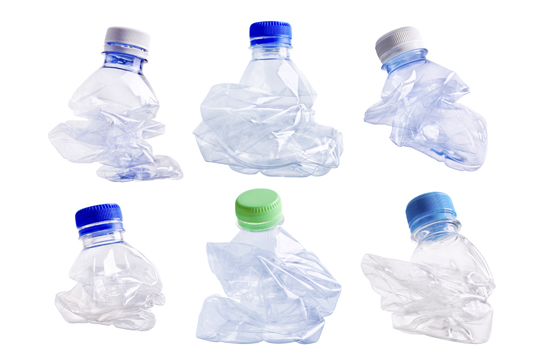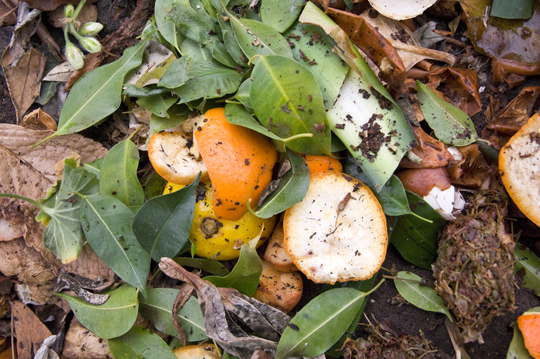We are all trying to be a bit greener lately. Over time, we’ve learned a lot about the way our battery-driven lifestyle affects the environment, and we want to be cleaner. Most of us know that batteries aren’t good to toss in a landfill, but knowing how to properly dispose of them is a different story.
Figuring out where to get rid of batteries depends a lot on what kind of batteries you have. Here is where to get rid of batteries which are commonly found in everyday objects.
Cell Phone Batteries
This is probably the easiest type of battery to recycle, which is good because it is also the worst to toss in landfills. Cell phone batteries are incredibly rechargeable, which is why we love them so much. When they break or get too old, we can’t just throw them out.
The chemicals inside of your cell phone battery are very hazardous to our land. The easiest way to recycle a cell phone battery? Take it to a cell phone store. Pretty much any store that sells phones and phone batteries also accepts them to recycle for free. Sometimes, they’ll even pay you for them.
Car Batteries
These are also hugely important to recycle. Your car needs a very large battery to run. Throwing a car battery into a landfill is like pouring toxic waste into a landfill – you just shouldn’t do it.
Thankfully, most mechanics and car dealerships will take your car battery from you and recycle it. If you’re having a new one installed, they will probably just do it automatically. However, if you have an extra one you need to drop off, you can usually do that, too. As with cell phone batteries, some places even offer to pay or cut a sum off of your bill if you recycle through them.
Common Households Batteries
These run everything from flashlights and alarm clocks to kid toys. All of those little round and square batteries you have that you need to pitch might seem like they won’t affect the environment much. They’re small, right?
Well, when everyone in America has that mindset, before you know it, our landfills are full of battery acid. Although these are nowhere near as awful for the environment as car and cell phone batteries, they should still be dropped off at your local recycling and conservation center.
Get More Information On Recycling Batteries
Recycling batteries is one small step you can take to help the world remain cleaner and healthier for longer. To find another step, or discover additional options on where to get rid of batteries, try using TalkLocal to connect you to experts in your area.

